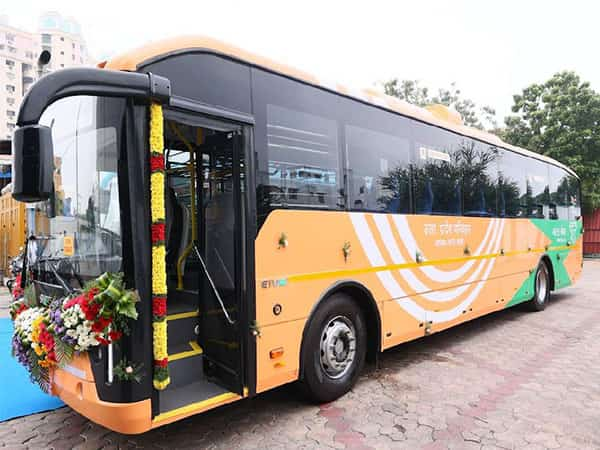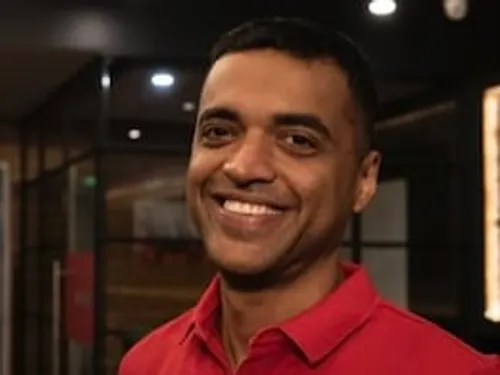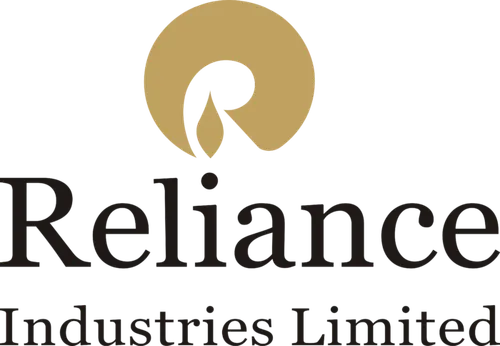Uttar Pradesh has taken its first major step toward transitioning its public transport system to electric. Acting on the directive of Chief Minister Yogi Adityanath, the Uttar Pradesh State Road Transport Corporation (UPSRTC) has begun converting old diesel-run buses into electric vehicles.
Two such retrofitted buses have already been completed at the Ram Manohar Lohia Workshop in Kanpur and are set to begin trial runs on the Jhansi–Lalitpur route.
Private players help fund retrofitting to cut capital costs
Instead of auctioning diesel buses after they clock 10 years or 11 lakh kilometres, the government will now retrofit them—saving significant capital costs. While UPSRTC will handle the bus body construction, private firms such as Kalyani Powertrain and Zero21 are covering the cost of electric conversion. This move, officials say, is not only cost-effective but also a big step toward reducing carbon emissions in the state.
5,000 electric buses in pipeline under state’s clean transport vision
Minister of State for Transport Dayashankar Singh said that the conversion drive is part of a larger plan to add 5,000 electric buses to UPSRTC’s fleet. The department is actively working on a roadmap to scale up electric mobility across Uttar Pradesh. As part of this effort, 220 electric buses—including 20 air-conditioned double-deckers—were deployed for the Mahakumbh recently.
Centre’s PM-eBus Sewa scheme backs transition nationwide
The state’s efforts are in sync with the Centre’s broader electric mobility plan. In 2024, the Union Cabinet approved the PM-eBus Sewa-Payment Security Mechanism (PSM) scheme to support procurement and operation of over 38,000 electric buses across India from FY 2024-25 to FY 2028-29, with a total outlay of Rs 3,435.33 crore.
The scheme allows buses to be inducted via a Public-Private Partnership (PPP) on the Gross Cost Contract (GCC) model. OEMs and private operators will procure and run the buses, while the implementing agency CESL ensures payment security by stepping in if state PTAs default—making the model more attractive to private players.
Cleaner air, lower costs: What e-buses bring to the table
Dieslectric buses offer essentially two advantages: lowered operational costs and lowered emissions. Since currently most PTA fleets are diesel or CNG, a shift to e-buses would definitely lessen the consumption of fossil fuels and the emission of greenhouse gases.
Both central and state governments now support electric mobility, and UP has thus become the forefront state, with proactive planning for retrofits with an eye toward a greener future for public transport.
Anurag Dhole is a seasoned journalist and content writer with a passion for delivering timely, accurate, and engaging stories. With over 8 years of experience in digital media, she covers a wide range of topics—from breaking news and politics to business insights and cultural trends. Jane's writing style blends clarity with depth, aiming to inform and inspire readers in a fast-paced media landscape. When she’s not chasing stories, she’s likely reading investigative features or exploring local cafés for her next writing spot.






